The SAB provides independent scientific advise to the Interdisciplinary Team (IDT), Executive Director (ED), and to the Trinity Management Council (TMC), as requested on scientific issues. The SAB is composed of five external scientists, recognized as experts in the disciplines of fish biology, aquatic ecology, riparian and watershed ecology, fluvial geomorphology and hydraulic engineering or hydrology. Members of the SAB are experienced scientists or industry professionals with demonstrated achievements among the most respected in their field.
The SAB interacts regularly with Program scientists including the IDT to bring scientific perspective from around the world to local Trinity River challenges and to encourage rigorous scientific analysis. The SAB provides scientific peer review of proposed hypotheses associated with monitoring and restoration management approaches, science-based flow scheduling, short- and long-term monitoring and investigation plans developed by technical work groups, technical recommendations, and research reports.
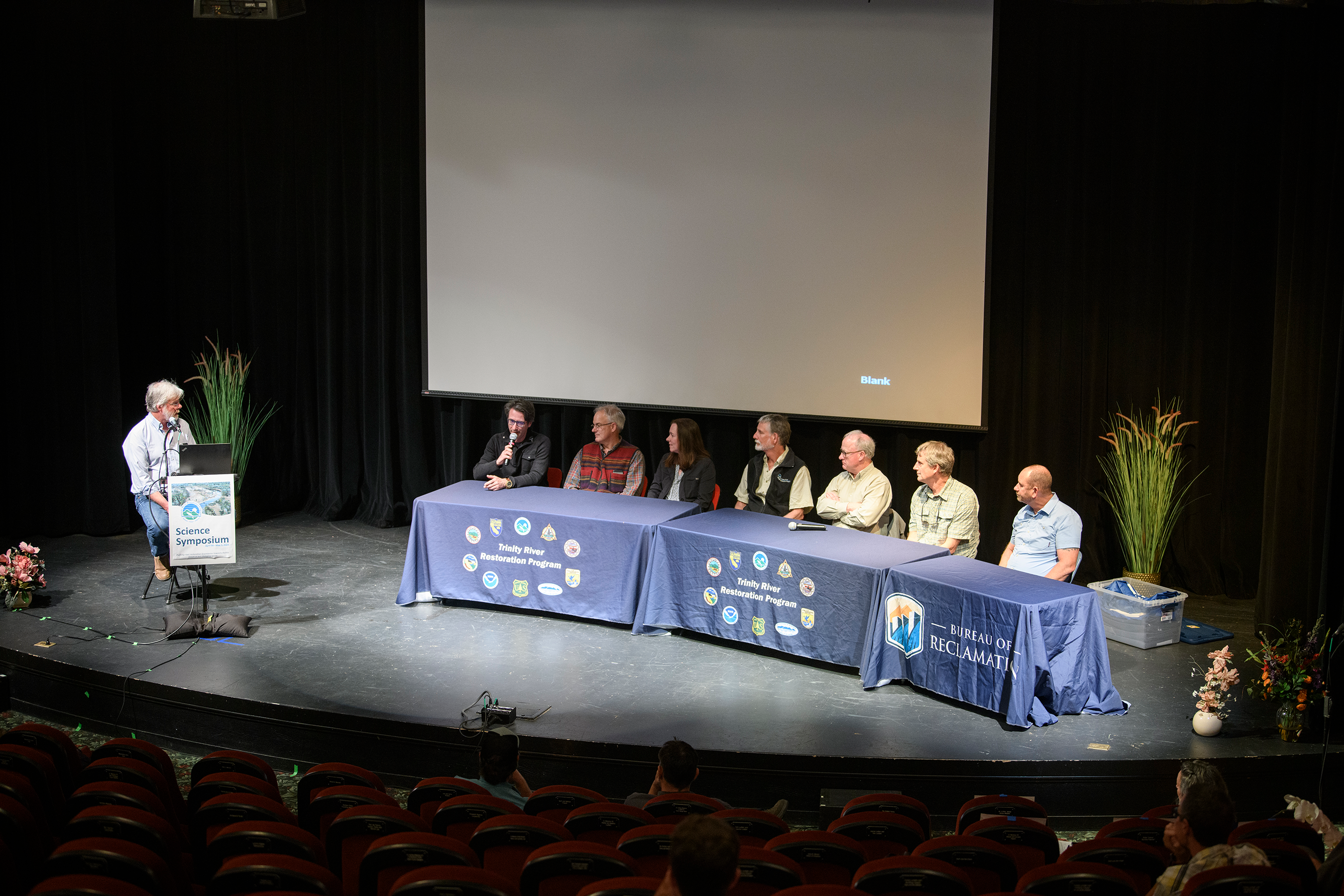
John Buffington, Ph.D.
USDA Forest Service; jbuffington@fs.fed.us
John Buffington (Ph.D. Geological Sciences) is a Research Geomorphologist with the U.S. Forest Service, Rocky Mountain Research Station. His research focuses on fluvial geomorphology of mountain basins, biophysical interactions, and the effects of natural and anthropogenic disturbances on salmonid habitat.
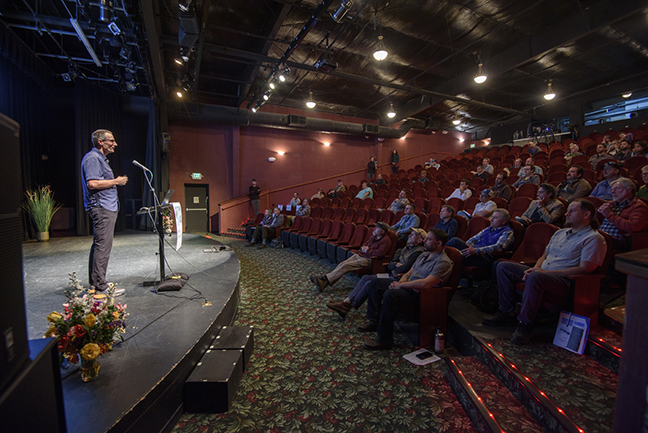
Andrew J. Paul, Ph.D.
Adjunct Professor Department of Biological Sciences – University of Calgary, Canada; andrew.paul@gov.ab.ca
Andrew Paul, Ph.D., has been working as an aquatic ecologist in western Canada for 35 years. His work has encompassed the fields of conservation biology, community restoration, non-native species invasions, population ecology and river ecology.
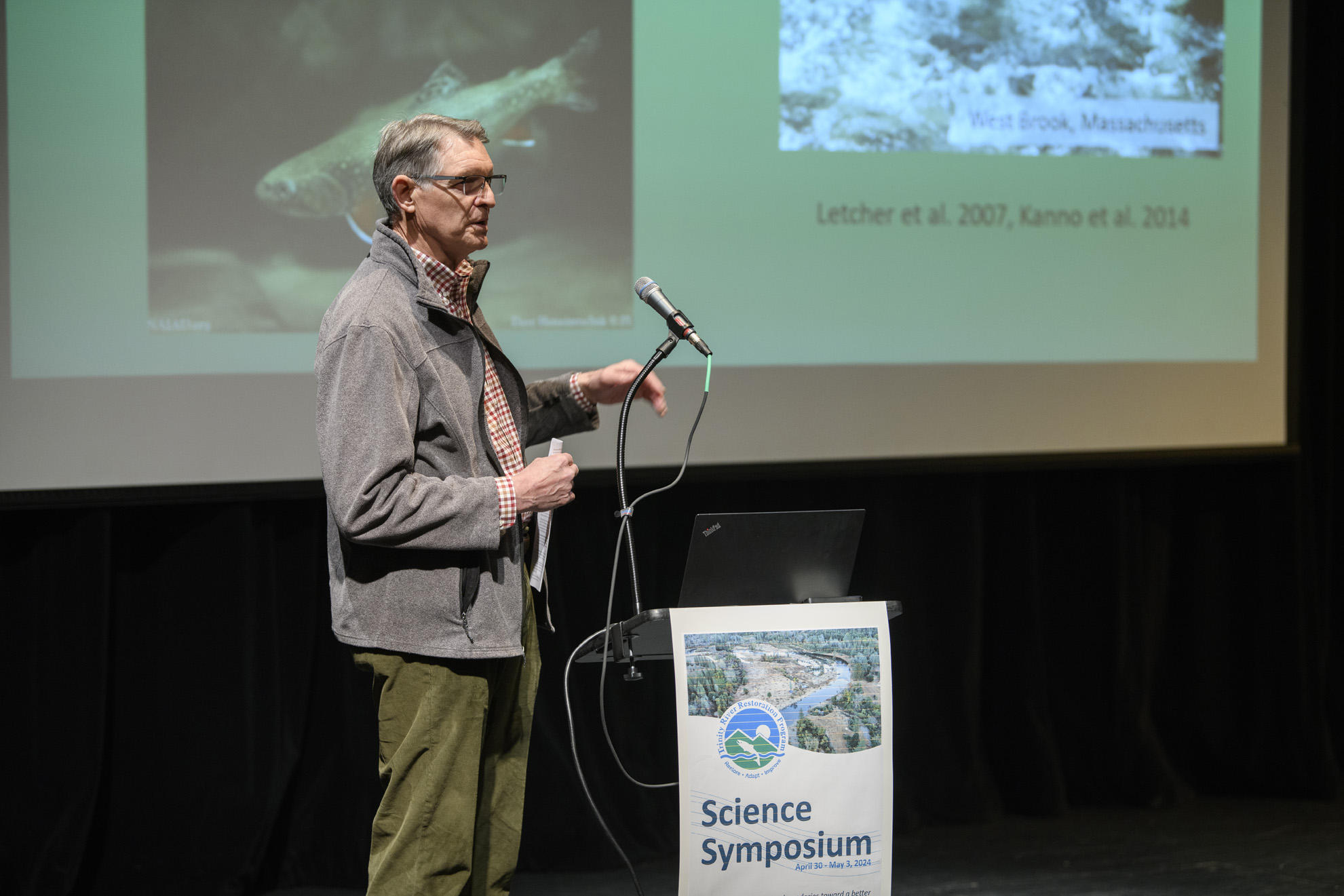
Kurt Fausch, Ph.D.
Professor Emeritus in the Department of Fish, Wildlife, and Conservation Biology at Colorado State University
Kurt Fausch is Professor Emeritus in the Department of Fish, Wildlife, and Conservation Biology at Colorado State University, where he taught for 35 years. His research collaborations in stream fish ecology and conservation have taken him throughout Colorado and the West, and worldwide, including to Hokkaido in northern Japan.
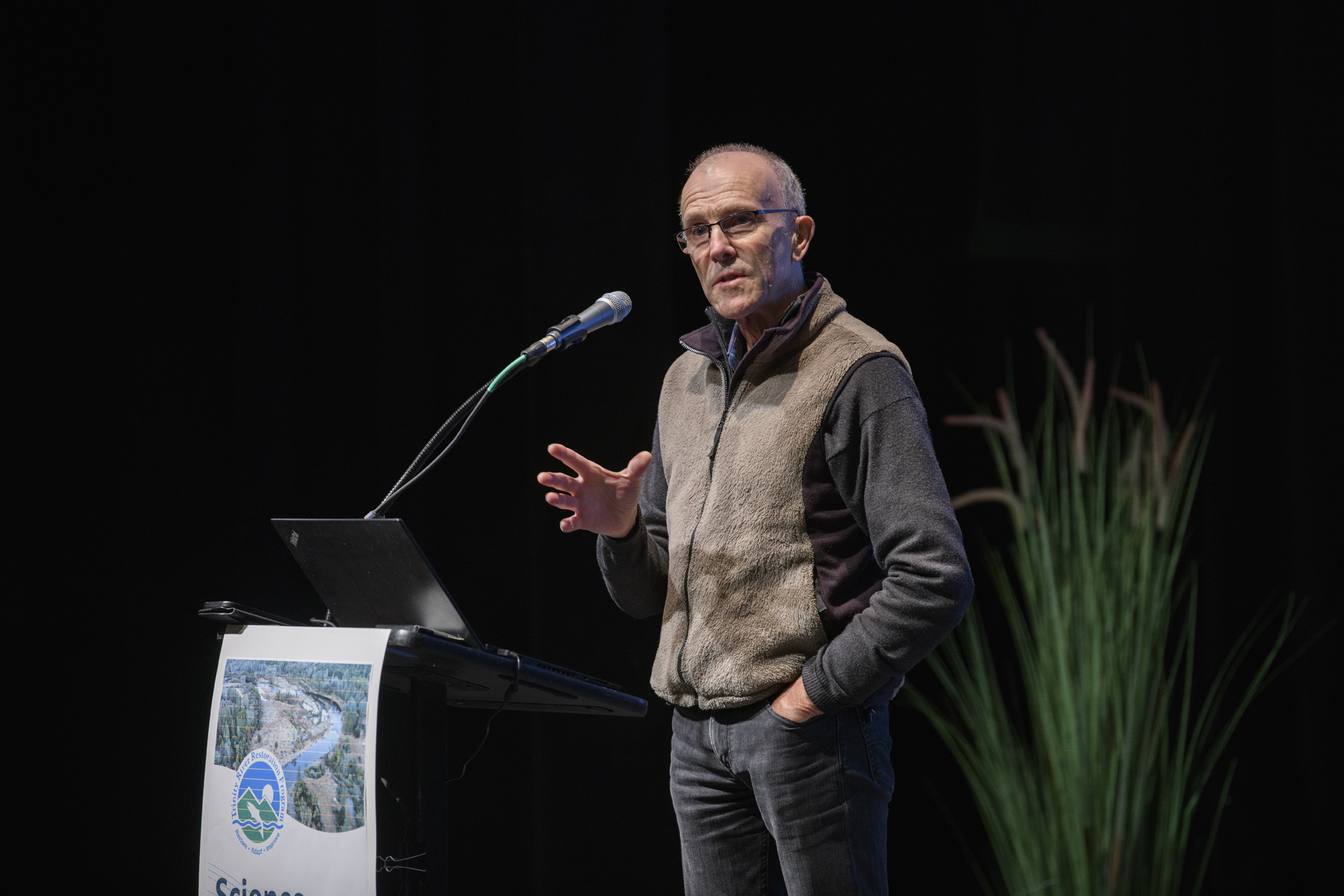
John Hayes, Ph.D.
Freshwater Fisheries Scientist, Cawthron Institute, Nelson, New Zealand
John Hayes is a freshwater fisheries scientist from Nelson, New Zealand, recently retired from the Cawthron Institute, where he retains an emeritus position. John has special expertise in recreational trout and salmon fisheries, instream habitat modelling and salmonid foraging and bioenergetics modelling. He has led and supervised research and consulting projects on freshwater fisheries, habitat assessment, limiting factors, environmental flow regimes and effects of hydro-power and irrigation schemes.
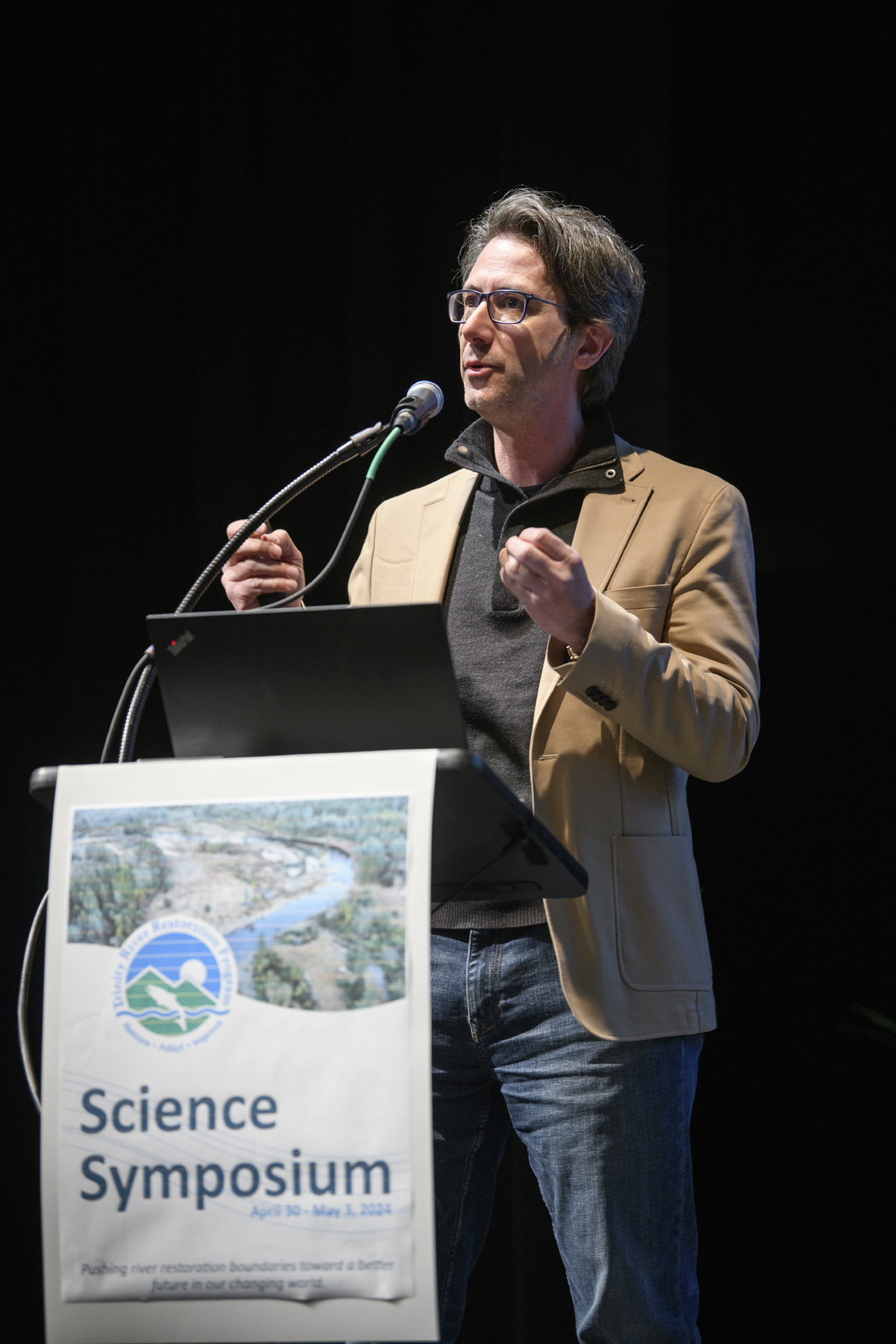
Daniele Tonina, Ph.D., P.E.
Professor Department of Civil & Environmental Engineering, University of Idaho | Co-Director, Center for Ecohydraulics Research
Daniele Tonina joined the Center of Ecohydraulics Research and the Department of Civil & Environmental Engineering in 2009. Natural environments are complex systems that require a holistic approach for synthesizing physical and biological processes. He follows this approach in his research, which can be broadly defined as ecohydrology. His research interests are in identifying and modeling linkages between physical processes and biological systems. This line of research improves our knowledge and ability to manage and protect river basins, water supplies, and riverine ecosystems, and thus forms an important basis for new public policy, urban development, and engineering designs. His research is not focused on one subject, but it examines the connection and interaction of different components that form a natural system.
